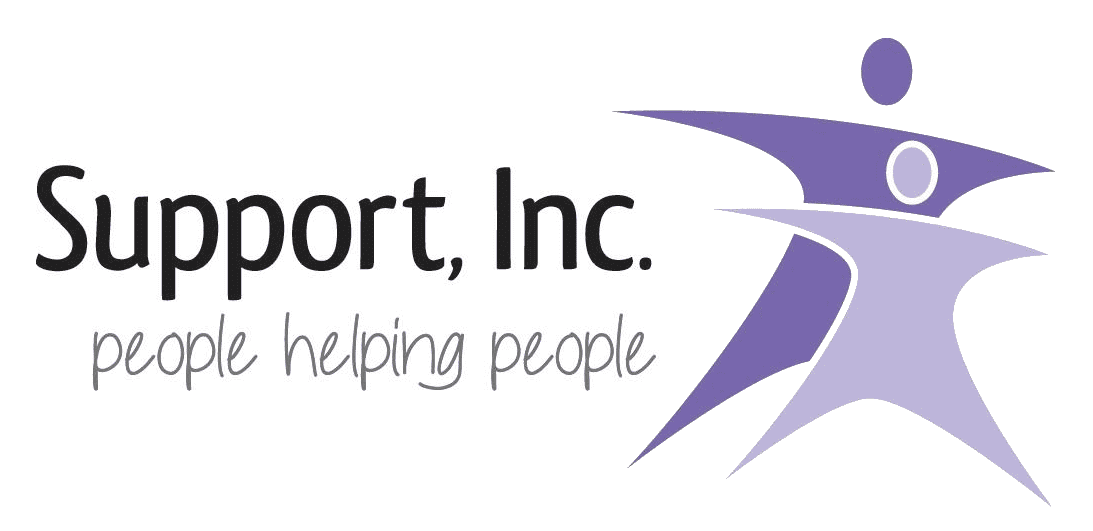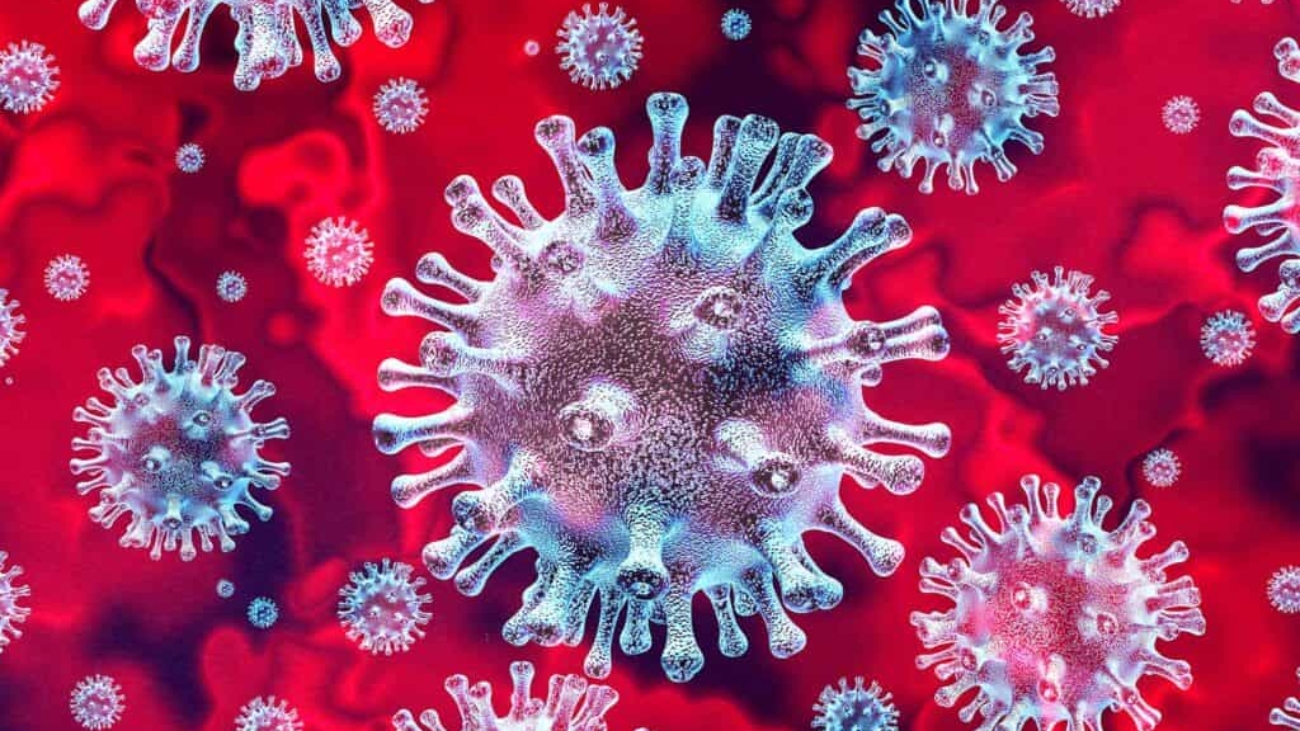October 27, 2021
To Support, Inc. staff, providers, and families
In this communication we will cover the following:
- COVID-19 vaccine updates
- Preparing for flu season during COVID-19
COVID-19 operating protocol updates
1. COVID-19 vaccine updates
The Food and Drug Administration (FDA) recommends certain people to get a COVID-19 vaccine booster dose including those who received Pfizer, Moderna and Johnson & Johnson/ Janssen COVID-19 vaccines.
Individuals who received the Pfizer or Moderna vaccine: the following groups are eligible and recommended to get a booster shot at 6 months or more after their initial vaccine series.
- People aged 65 and older
- People aged 18-64 at high risk of severe
COVID-19
- Medical conditions that may put people at higher
risk of severe COVID-19
- Cancer
- Chronic kidney disease
- Chronic lung disease including COPD, asthma (moderate to severe), interstitial lung disease, cystic fibrosis, and pulmonary hypertension.
- Dementia
- Diabetes (type 1 or type 2)
- Down syndrome
- Heart conditions (heart failure, coronary artery disease, cardiomyopathies, hypertension)
- HIV infection
- Immunocompromised state
- Liver disease
- Overweight or obesity (BMI greater than 25 kg/m2)
- Pregnancy
- Sickle cell disease or thalassemia
- Smoking, current or former
- Solid organ or blood stem cell transplant
- Stroke or cerebrovascular disease which affects blood flow to the brain
- Substance use disorders (alcohol, opioids cocaine use disorders)
- Medical conditions that may put people at higher
risk of severe COVID-19
- People aged 18-64 whose frequent institutional
or occupational exposure to COVID-19 puts them at high risk. Occupations at
increased risk for COVID-19 exposure and transmission include front line
essential workers and health care workers
- Since risk can vary across settings and based on how COVID-19 is spreading in a community, people aged 18-64 years who are at increased risk for COVID-19 exposure and transmission because of occupational or institutional setting may get a booster shot.
Individuals who received the Johnson & Johnson vaccine: anyone over
the age of 18 who received the Johnson & Johnson vaccine is recommended to
get a booster dose two months or more following the initial vaccine.
Individual’s may choose which vaccine they receive for their booster dose. The Food and Drug Administration (FDA) and Centers for Disease Control (CDC) allow for ‘mixing and matching’ the booster dose vaccine type. Side effects of the booster shot are similar to the side effects after the second dose series. The most common side effects are fatigue and pain at the injection site. Most side effects are mild to moderate. To relieve side effects, use or exercise the arm you got the shot in, drink plenty of fluids and apply a cool washcloth to the injection site.
If you or someone you support is eligible for a COVID-19 vaccine booster, speak with the primary care physician to determine when and where the person can receive their booster dose.
2. Preparing for flu season during COVID-19
It is important to get a flu vaccine because COVID-19 and the flu may be circulating at the same time, and they cause similar symptoms. You can get the COVID-19 vaccine with other vaccines, including the flu vaccine, during the same visit.
If you have any questions, please do not hesitate to reach out to myself or your supervisor. We will continue to provide updates through email, our website and our Facebook page.

